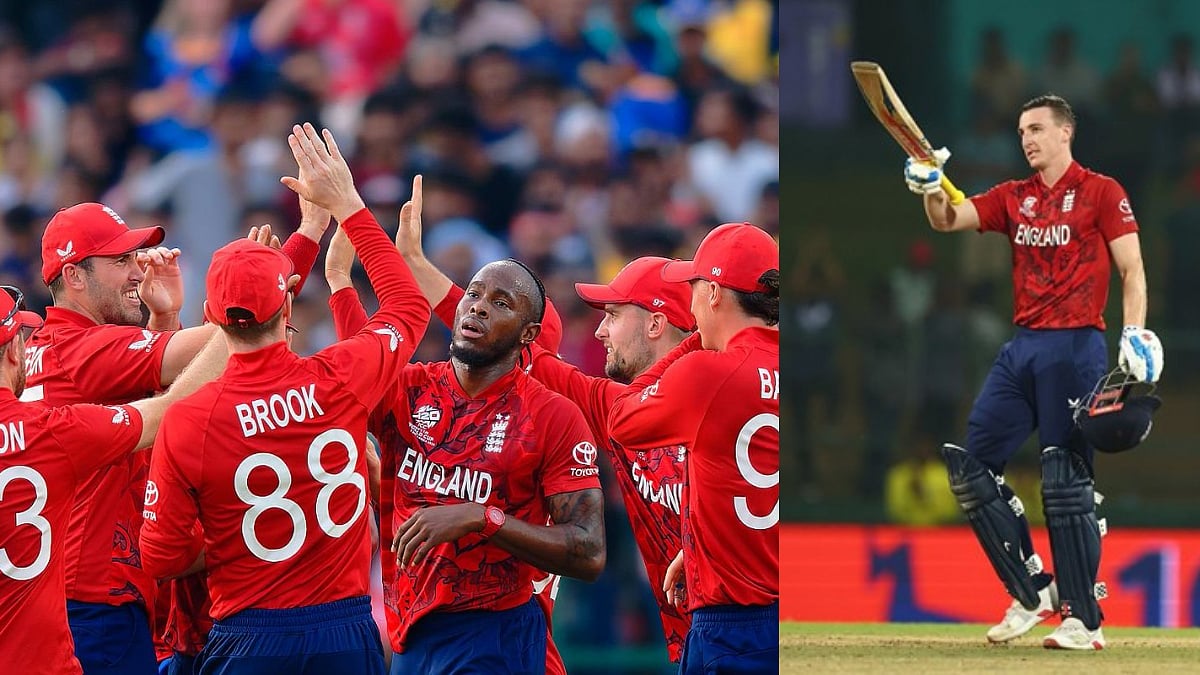Some judges voice their personal biases to the public, despite rigorous training in the judicial training academies to keep their biases to themselves. These judges lose their dignity among the people, buttressing the argument of the government that the collegium selects judgeswho are imperfect. This has come to the fore yet again with a few absurd statements made by some judges across the country.
A Gujarat High Court judge, Samir Dave, remarked in open court during the hearing of a 16-year-old minor who wanted to abort her seven-month foetus that girls mature faster than boys and in the past there were instances of women who married at 14 years of age and delivered their first child at 17 years. His oral observation goes against the Hindu Marriage Act, 1956, and other laws which prohibit a minor from marrying. Such an observation raises questions as to how this judge was selected by the collegium for judgeship.
In another example on May 23, the Supreme Court had to stay an order passed by an Allahabad high court judge, Brij Raj Singh, directing the head of department of astrology of a UP university to determine whether a girl was a Manglik (a Hindu girl born under an inauspicious configuration which means if a non-Manglik man marries her, he will die) because a man had intercourse with her on the pretext of marriage but later reneged on his vow because he claimed she was a Manglik. The girl denied being a Manglik but the high court judge wanted to confirm if she was one.
A former Chief Justice of India (CJI) Sharad Bobde asked a rape accused who was a government servant during a hearing in the Supreme Court whether he was willing to marry the girlhe had raped. If so, the court would be able to help him. This evoked outrage among women’s groups who demanded the CJI’s resignation. He replied he was following the procedure laid down in the CrPC to find out the mindset of the accused. But the same CJI declared that women were unwilling to accept judgeships because they were worried about their children’s 12th standard exams. This displays a patriarchal mindset which was buttressed when CJI Bobde visited RSS chief Mohan Bhagwat at Nagpur soon after demitting office.
But Bobde apart, Justice Mahesh Chandra Sharma from the Rajasthan High Court disclosed at his farewell function in 2017 that the peacock was the national bird of India because it was a celibate bird. The peahen drank the peacock’s tears (of sorrow) to get pregnant because the peacock resolutely refused to abandon brahmacharya, according to Justice Sharma.
These quirks in the personalities of these judges can be ignored if they do not affect justice dispensation. But if they do, the litigants can demand that such judges should be compulsorily retired from judicial service. After all, in the 1977 Mathura rape case, the judge called the minor girl who was raped “a shocking liar,” a girl of easy virtue, choosing to believe the police constable who had raped this minor. He also believed that a Brahmin would never rape a Dalit woman. A two-judge bench of the Supreme Court acquitted the policeman accused of raping the minor girl because they disbelieved her testimony, displaying a patriarchal mindset.
The selection of such judges was a calamity, proving that it is impossible for any chief justice of any high court to form more than a cursory opinion of a lawyer before he is invited to join the judiciary. The Modi government thwarted the elevation of senior advocate Saurabh Kirpal who would have been India’s first-ever “gay” judge on the ground that his live-in male partner was a security risk as he was an employee of the Swiss embassy. Even after the CJI Dhananjay Chandrachud-led collegium publicly rebutted these views by iterating three names including that of Saurabh Kirpal, the government ignored CJI Chandrachud’s iteration. Later, the virulent law minister Kiren Rijiju was transferred.
So, some judges who voice obscurantist opinions based on their religious mindset, which contradict the Constitution, continue in service. The magistrate who gave Rahul Gandhi the maximum sentence for defaming the Modi surname was given out-of-turn promotion which, among many other judicial officers’ names, was challenged by two judges who fared very well in their judicial exams and careers but were overlooked for promotion.
During the hearing of a PIL in the Supreme Court at the height of the pandemic, the two-judge bench remarked: “If the migrants want to walk to their homes, there is nothing we can do to stop them. The government is doing all it can for these migrants.” This remark appeared insensitive due to the large number of migrants’ deaths on the roads while walking to their homes in the unbearable heat.
Leaving Justice CS Karnan aside who was asked by the Supreme Court if he was willing to undergo an examination by a panel of psychiatrists because of this former judge’s intemperate utterances and actions, there have been many other bizarre statements by a few judges. Like the case of a high court judge from a north-eastern state who lauded Prime Minister Narendra Modi in his judgment although not a party to the proceedings. Judgments must explain the law applicable to the facts of the case but remain aloof from politics.
There have been women judges too who have got publicity for the wrong reasons like Justice Pushpa Ganediwala who acquitted a few men accused of molesting minors because the POCSO Act mandated there should be “skin-to-skin” contact. The same CJI Sharad Bobde who refused to believe the adverse reports against Pushpa Ganediwal by senior judges like Justices Chandrachud and Khanwilkar was forced to recall her confirmation as a high court judge.
Finally, Justice Gyan Sudha Misra who was elevated to the Supreme Court from the Patna high court was always late in the court clarified she listed her two unmarried daughters under the “Liabilities” column of the Supreme Court website because of the marriage expenses she would incur. At her farewell function, where she was late as usual, the then CJI R.M. Lodha tried to make light of her shortcomings. But the Modi government put its foot down when she was recommended for a post-retirement office by the CJI despite her latecoming and other shortcomings.
Judges’ shortcomings thwart the dispensation of justice when they allow their personal failings to creep into their judgments.
Dr Olav Albuquerque holds a PhD in law and is a senior journalist and advocate at the Bombay High Court








